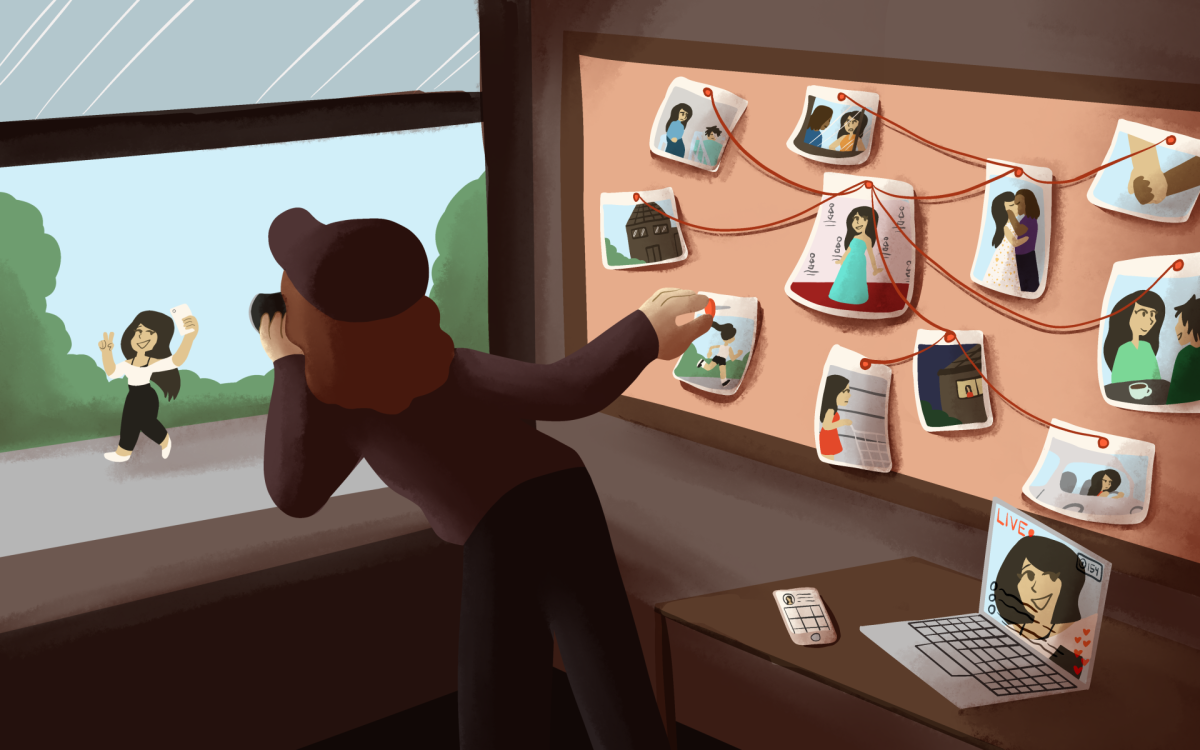Last summer, while I was driving around with some friends, Frank Ocean’s song, “Thinkin Bout You” came on the radio and we all reached for the volume dial to crank it up. This was a car full of Midwestern white kids reaching to turn up a song written by an openly homosexual black artist. This felt completely normal to everyone in the car, but maybe it wouldn’t have to a different group of kids. Maybe a different car would have changed the station because it was Frank Ocean, one of the first out-of- the-closet hip-hop artists, whose song started playing. However, the politics of the music industry are changing, with more acceptance towards homosexuality than the industry has ever seen before.
Of course, this acceptance is not unanimous. If you’re someone like Snoop Lion (aka Snoop Dogg), who has been in the music scene for a couple of decades then you might not think change is good. Snoop had this to say when interviewed about Frank Ocean. “Frank Ocean ain’t no rapper. He’s a singer. It’s acceptable in the singing world, but in the rap world I don’t know if it will ever be acceptable because rap is so masculine,” he said. “It’s like a football team. You can’t be in a locker room full of motherf—ing tough dudes, then all of a sudden say, ‘Hey, man, I like you.’ You know, that’s going to be tough.”
Clearly there’s some hesitation when it comes to accepting artists of different sexuality. But should there be? Is Snoop too old school for 2013? Last week major controversy broke out at a New York hip-hop radio station when Mr. Cee, a popular radio DJ, was recorded soliciting sexual acts from a transgender person. Something like this could have killed his career, and in the end he resigned from the station so as not to reflect poorly on his boss or the station as a whole.
However, Mr. Cee sat down with Ebro Darden, the station’s program director, on the air and talked about what happened. Cee at first did not admit to being gay but as the conversation progressed, he opened up about trying to be someone that he isn’t and how he knows he’s “still in denial.” The New York Times recently covered this event. In their article they stated, “This reflects a generational shift in attitudes in the culture at large, a slight change in the class positioning of hip-hop’s mainstream, and a broadening of hip-hop’s fan base. Antigay sentiment has long been part of that world – two decades ago there were virtual witch hunts to root out rappers who might be gay – but as hip-hop becomes more central to pop culture, its values are evolving. It’s no longer tenable for hip-hop to be an island.”
Change is imminent. We see it everywhere. Snoop Lion needs to catch up a bit and join forces with artists like A$AP Rocky, Kanye West and Jay-Z – all stars who have expressed support for gay artists and gay rights. On a more comical note, rapper Fat Joe recently spoke out about how he sees homosexuality in hip-hop. “The hip-hop community is most likely owned by gays, to be honest with you. I happen to think there is a gay mafia in hip- hop,” he said. “They are in power. So why wouldn’t a guy come out and say, ‘yo, I’m gay’ and get that type of love. I mean, Lady Gaga, I don’t know if she’s gay but she’s running with that gay s–t for real, and she is winning.”
So are recent music-politics actually influenced by a gay mafia, or is this just a more liberal shift in music culture as a whole? I think it’s safe to say that, rather than being attributable to an absurdist conspiracy, it appears to be attributable to a more permanent step forward in our society’s attitudes. Tavia Nyong’o, an outspoken Professor of Performance Studies at NYU, claimed that it is about time for artists to be “unafraid to acknowledge a black culture where straight and gay can share space, spit rhymes and trade dance moves.”
Gay rights still have quite a ways to go, but music can help us progress. Music is one place where African Americans first found freedom in this country.







